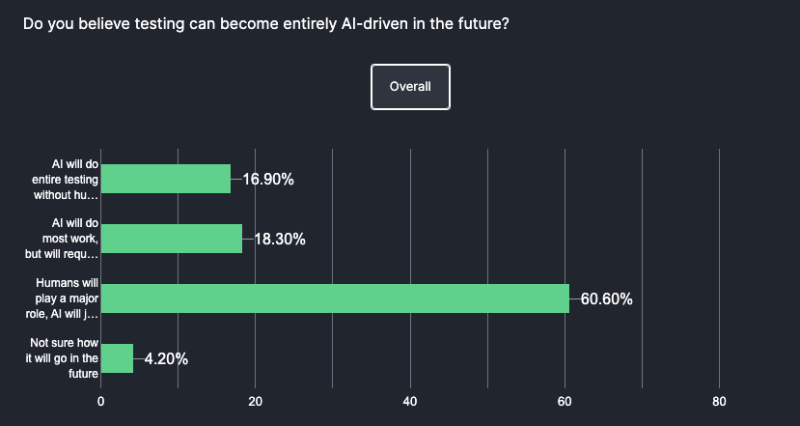import java.util.List;
import java.util.stream.Collectors;
/*interviewer : kalviya, mayur*/
//@RestController
public class Morningstar {
/*employees , with shashi*/
class employees{
private String name;
}
// @GetMapping(“/get/{name} ?val= val1& var2=val2”)
public void function(
// @PathVariable
String name){
List<employees> employees= new ArrayList<>();
employees.stream().filter(employeesRec ->employeesRec.name.equals(name)).collect(Collectors.toList());
}
/**
put : update;
post : insert data; –> body
name various spring anotations
@bean vs @component
@service
abstract vs interfaces
functional interfaces –> not answered
oops
object o
**/
/*
* [Interview 2 : name starts with g manager]
* introduce your self?
* what is tech stack?
* what is your experience with postgres?
* what is your experience with spring boot?
* what is your experience with python?
* what is your experience with gcp?
* what is your experience e with the deployments?
* what is your experience REST api’s?
* are you serving notice period?
* what are your salary expectations?
* why do you want to quit the jsw one platforms?
* why do you quit the tvarana ?
* what is the recent project you have worked on ?
*
* */
}
/* [ mayor told to concentrate on these ]
* Java Basics:
What is the difference between JDK, JRE, and JVM?
JDK (Java Development Kit): It’s a software development kit that includes tools for developing Java applications. It contains JRE, compiler, debugger, etc.
JRE (Java Runtime Environment): It’s a runtime environment that is needed to run Java applications. It includes JVM and libraries.
JVM (Java Virtual Machine): It’s an abstract machine that provides a runtime environment in which Java bytecode can be executed.
*
*
What is the difference between == and equals() method in Java?
== is an operator used to compare references (memory addresses) of objects.
equals() is a method used to compare the content or values of objects. It’s overridden from the Object class.
* What is the difference between checked and unchecked exceptions in Java?
Checked Exceptions: These are checked at compile-time. Methods must either handle them using try-catch blocks or declare them in the method signature using throws keyword.
Unchecked Exceptions: These are not checked at compile-time. They occur at runtime and are subclasses of RuntimeException. They don’t need to be explicitly handled.
Data Structures and Algorithms (DSA) Basics:
*
*
What is a linked list?
A linked list is a linear data structure consisting of a sequence of elements where each element points to the next element in the sequence.
* Explain the difference between an array and a linked list.
Array: Fixed size, contiguous memory allocation, random access, efficient for accessing elements by index.
Linked List: Dynamic size, non-contiguous memory allocation, sequential access, efficient for insertion and deletion at any position.
* What is the time complexity of searching in a binary search tree (BST)?
The time complexity of searching in a BST is O(log n) on average and O(n) in the worst-case scenario.
*
*
Spring Boot:
What is Spring Boot?
Spring Boot is a framework built on top of the Spring framework that simplifies the process of building and deploying production-ready Java applications.
Explain the concept of auto-configuration in Spring Boot.
Auto-configuration automatically configures Spring beans based on classpath settings, reducing the need for manual configuration.
*
*
What are the main features of Spring Boot?
Simplified dependency management, auto-configuration, embedded HTTP server support, production-ready features (metrics, health checks, etc.), and easy integration with other Spring projects.
*
* Java 8:
What are the main features introduced in Java 8?
Lambda expressions, Stream API, Functional interfaces, Default and static methods in interfaces, Optional class, Date and Time API (java.time package), etc.
*
* What is a lambda expression in Java?
A lambda expression is a concise way to represent an anonymous function. It provides a clear and concise syntax for writing code.
*
* Explain the Stream API in Java 8.
The Stream API is used to process collections of objects in a functional way. It provides methods to perform aggregate operations on collections such as filter, map, reduce, etc.
* 10.5, 13.4
* * */
result : selected












